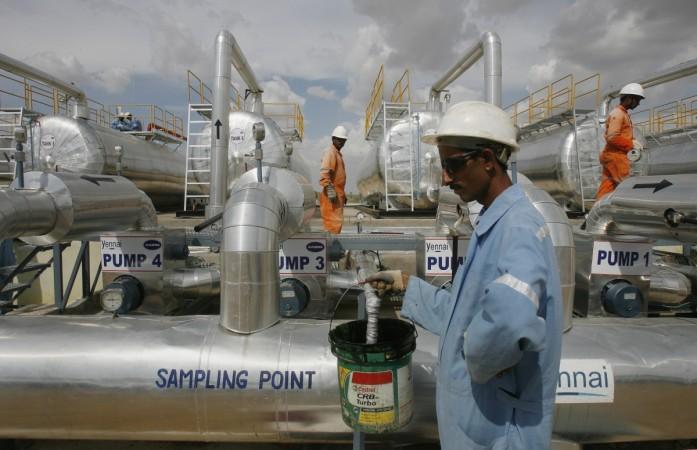
British oil and gas exploration company Cairn Energy Plc was served a tax demand notice by India for about $4.40 billion (approximately Rs 29,000 crore), which includes back-dated interest of about $2.8 billion (Rs 18,800 crore). Cairn Energy becomes the second firm to receive such a notice this year after telecom service provider Vodafone, PTI reported.
The disclosure was made by the company while announcing its earnings for 2015.
"The assessment order is in the amount of Rs. 10,247 crore (approximately USD 1.6 billion) plus interest back dated to 2007 totalling Rs. 18,800 crore (approximately USD 2.8 billion)," Cairn Energy said.
The company intends to claim about $1 billion in compensation from Indian authorities and has initiated an arbitration for the same.
"International arbitration proceedings have commenced to settle the Indian tax dispute, with Cairn claiming full compensation for the ~US$1 billion value of which its shareholders have been deprived," Cairn Energy said while announcing its 2015 results on Tuesday.
Cairn Energy Plc earned Rs 24,503.50 crore in capital gains in 2006 by transferring shares of Indian assets -- held in a subsidiary set up in the tax haven of Jersey -- to newly-incorporated Cairn India, according to India's income tax department.
Cairn Energy was served the notice before the government presented the Union Budget for 2016-2017 in which a one-time offer was made to waive the interest and penalty if the companies paid the principal amount to settle the retrospective tax disputes out of court.
In the budget, Finance Minister Arun Jaitley announced that retrospective tax (also known as the General Anti Avoidance Rules, or GAAR) will be implemented from April 1, 2017.
"I would like to reiterate our commitment to implement General Anti Avoidance Rules (GAAR) from 1.4.2017," Jaitley said Feb. 29 while presenting the budget.
The GAAR is a tax rule that seeks to empower taxmen to impose levies on "deals and income suspected to have been structured to avoid paying taxes," the Hindustan Times reported.









